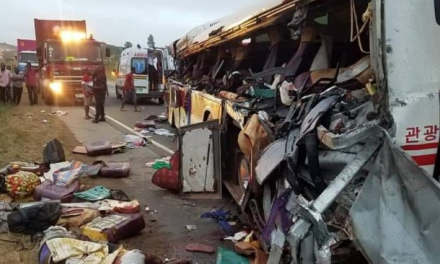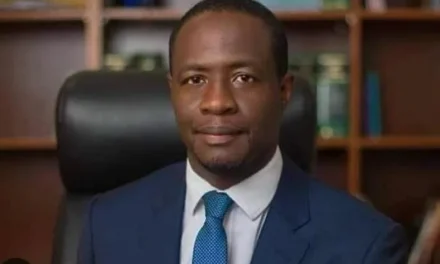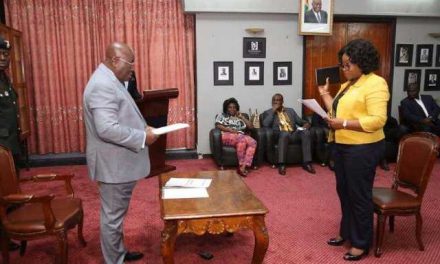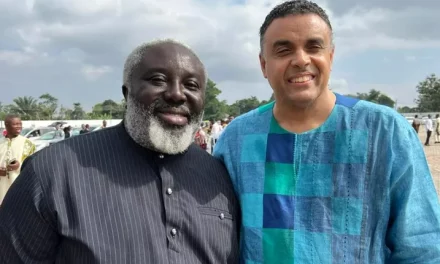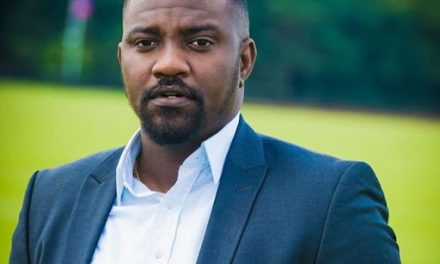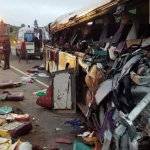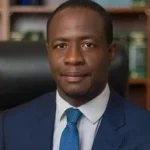
Morocco Earthquake Survivors Dig For Loved Ones With Bare Hands As Death Toll Nears 2,5003 min read
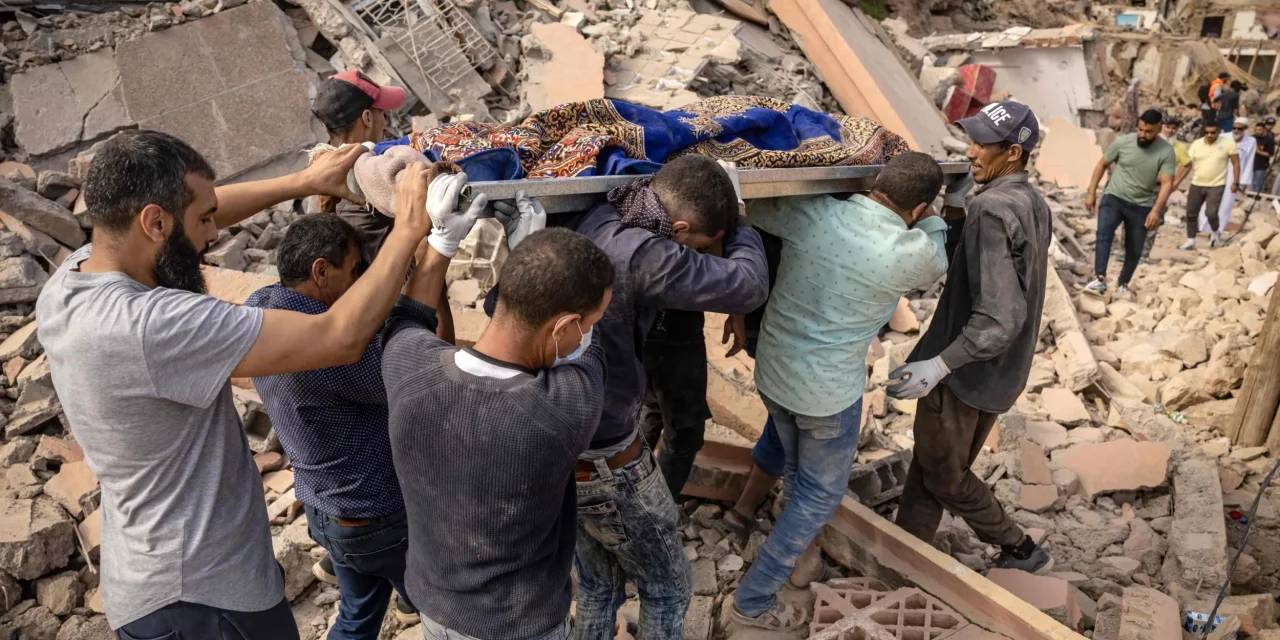
Hopes of finding anyone alive are fading, three days after the earthquake hit the country on Friday night, as state media reported on Monday that the death toll had climbed to 2,497 with 2,421 people injured.
The quake devastated villages at its epicentre in the High Atlas Mountains, 71 kilometres (44 miles) south-west of Marrakesh.
The village of Tafeghaghte saw 90 of its 200 people killed, while many more are still missing, according to the BBC.
Many survivors were on Monday facing a fourth night sleeping outside, their homes destroyed or rendered unsafe by Morocco’s most powerful earthquake since at least 1900.
In Tafeghaghte, Hamid ben Henna said his eight-year-old son died under the rubble after he went to fetch a knife from the kitchen as the family were having their evening meal.
The rest of the family survived.
People have been salvaging possessions from the ruins of their homes and describing desperate scenes as they dug with their bare hands to find relatives.
The damage done to Morocco’s cultural heritage has been emerging gradually.
Historic buildings in Marrakesh’s old city, a World Heritage Site, have been damaged.
The quake also reportedly did major damage to the 12th-century Tinmel Mosque in a remote mountain area closer to the epicentre.
Survivors struggling to find shelter and supplies voiced criticism of what they described as an initially slow government response.
Morocco has deployed the army as part of its response and has said it is reinforcing search-and-rescue teams, providing drinking water and distributing food, tents and blankets.
State television reported on Sunday that the government might accept relief offers from other countries and will work to co-ordinate them if needed.
Search-and-rescue specialists with sniffer dogs have been sent by Britain and Spain.
Qatar said on Sunday that its search-and-rescue team had departed for Morocco. Spain said it received an official request for aid from Morocco on Sunday.
Yet aid groups said the government has not made a broad appeal for help and accepted only limited foreign assistance. France said it was donating €5m (£4.28m) while the US said it was ready to help.
“We stand ready to provide any necessary assistance for the Moroccan people,” US President Joe Biden said on Sunday during a trip to Vietnam.
King Mohammed VI thanked Spain, Qatar, the UK and United Arab Emirates for sending aid, state TV reported on Sunday. Morocco had assessed aid needs and considered the importance of co-ordinating relief efforts before accepting their help, it added.
With many Moroccan homes built of mud bricks and timber or cement and breeze blocks, structures crumbled easily. The earthquake is the North African country’s most lethal since 1960 when a major tremor was estimated to have killed at least 12,000 people.
“It’s difficult to pull people out alive because most of the walls and ceilings turned to earthen rubble when they fell, burying whoever was inside without leaving air spaces,” said a military rescue worker at an army centre south of Marrakesh not far from the epicentre.

